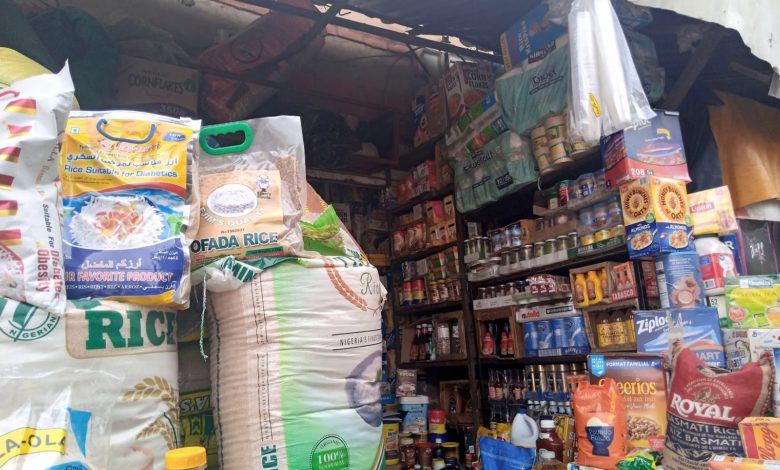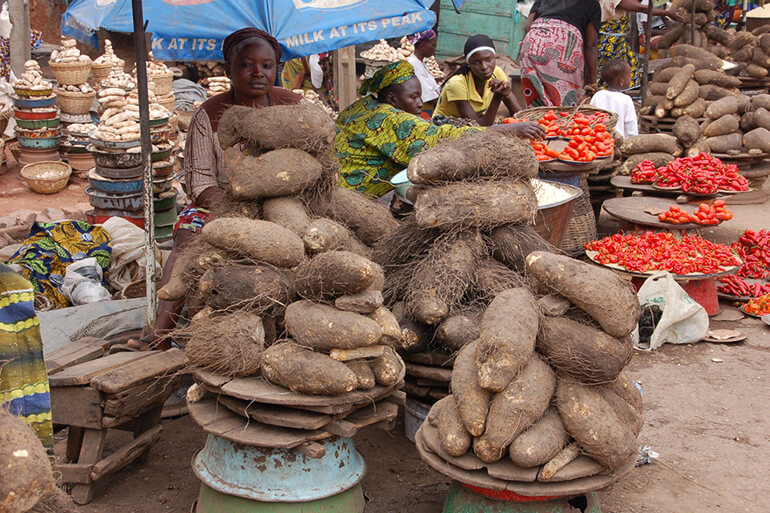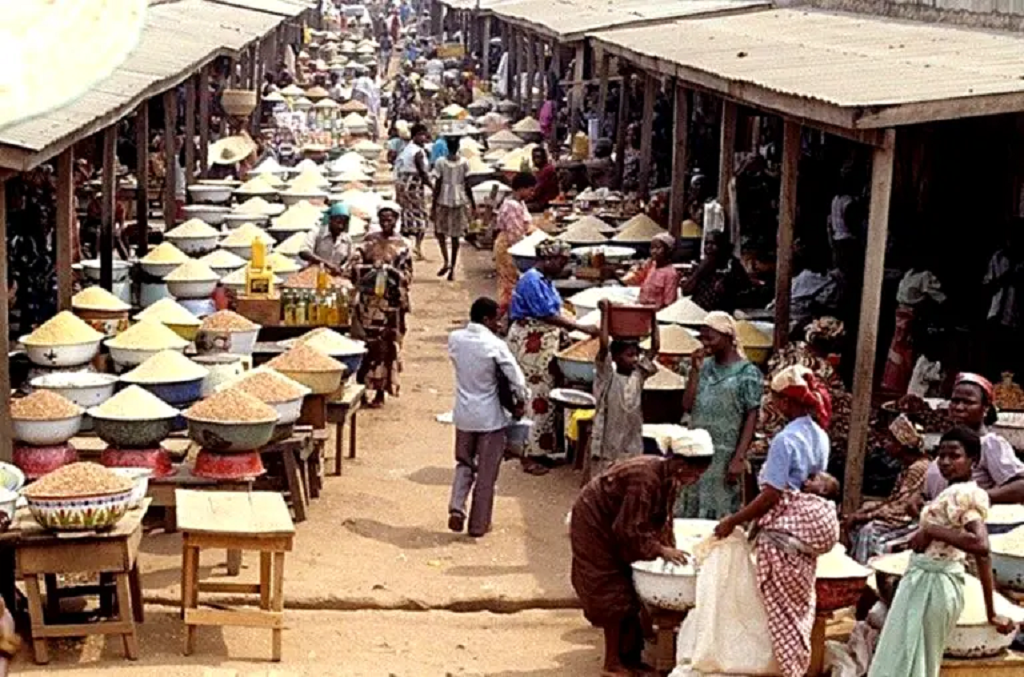




The actor celebrated his 63rd birthday on July 6, receiving an outpouring of love and well wishes from colleagues, fans, ...
Former Senate Chief Whip, Ali Ndume has reaffirmed his commitment to the ruling All Progressives Congress (APC). He stated that ...
In a decisive move to clear up widespread misinformation, the Honourable Minister for Education, Prof. Tahir Mamman OON SAN addressed ...
The Merc with a Mouth and his adamantium-clawed companion are back, and film lovers and critics are loving it! “Deadpool ...
Femi Otedola has come forward to express support for Dangote and his petroleum refinery venture in Lagos. In his note ...
In less than two days, Africa’s biggest reality TV show, Big Brother Naija (BBNaija), will premiere its ninth season. With ...

Leave a reply